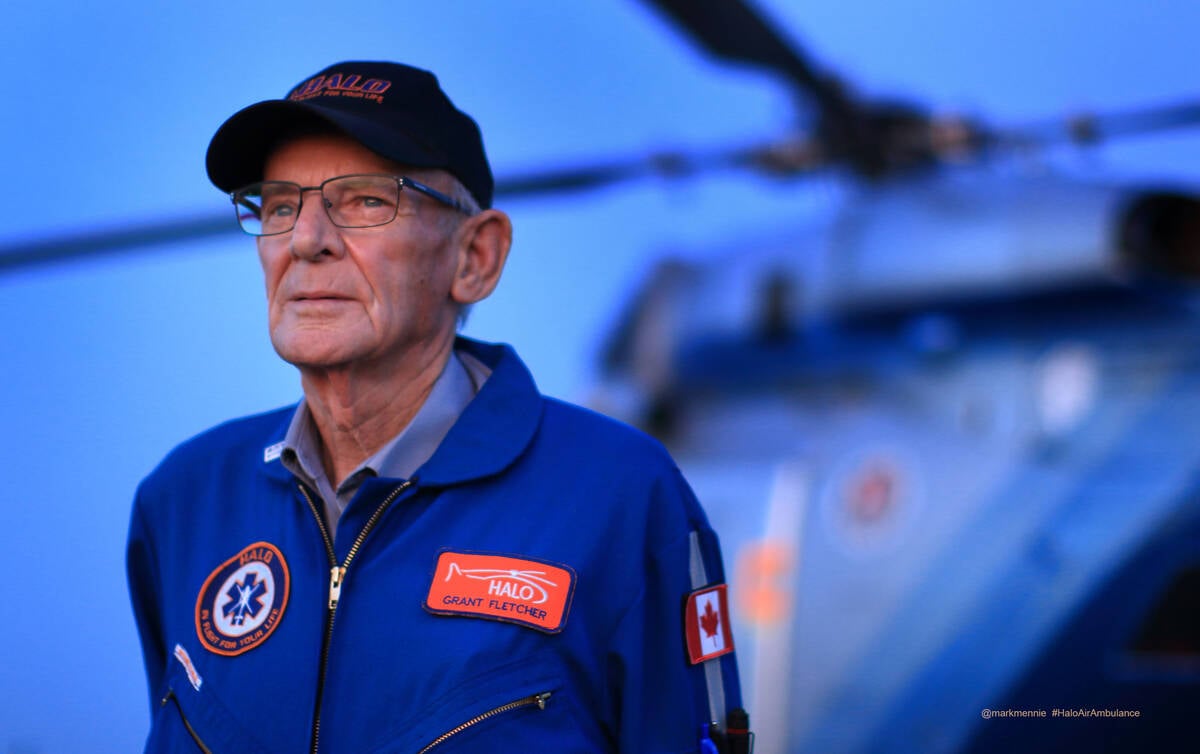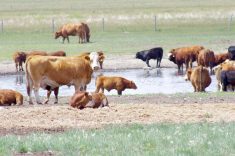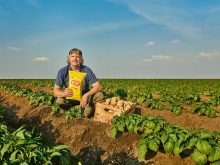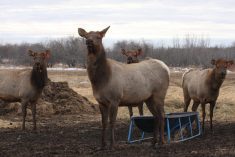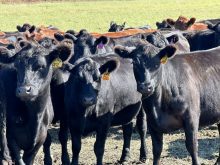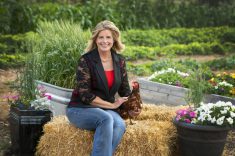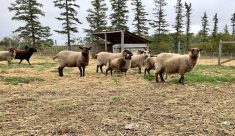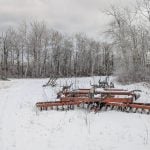He may have farmed the land, but his spirit was always meant to soar in the sky.
Grant Fletcher, a former rancher/farmer southeast of Taber, Alta., passed away this summer at the age of 84. Loved ones and friends recently shared their memories of Fletcher, the most notable of which were all the lives he helped save as a founding medivac pilot with HALO Air Ambulance, flying its very first mission back in 2007.
Read Also
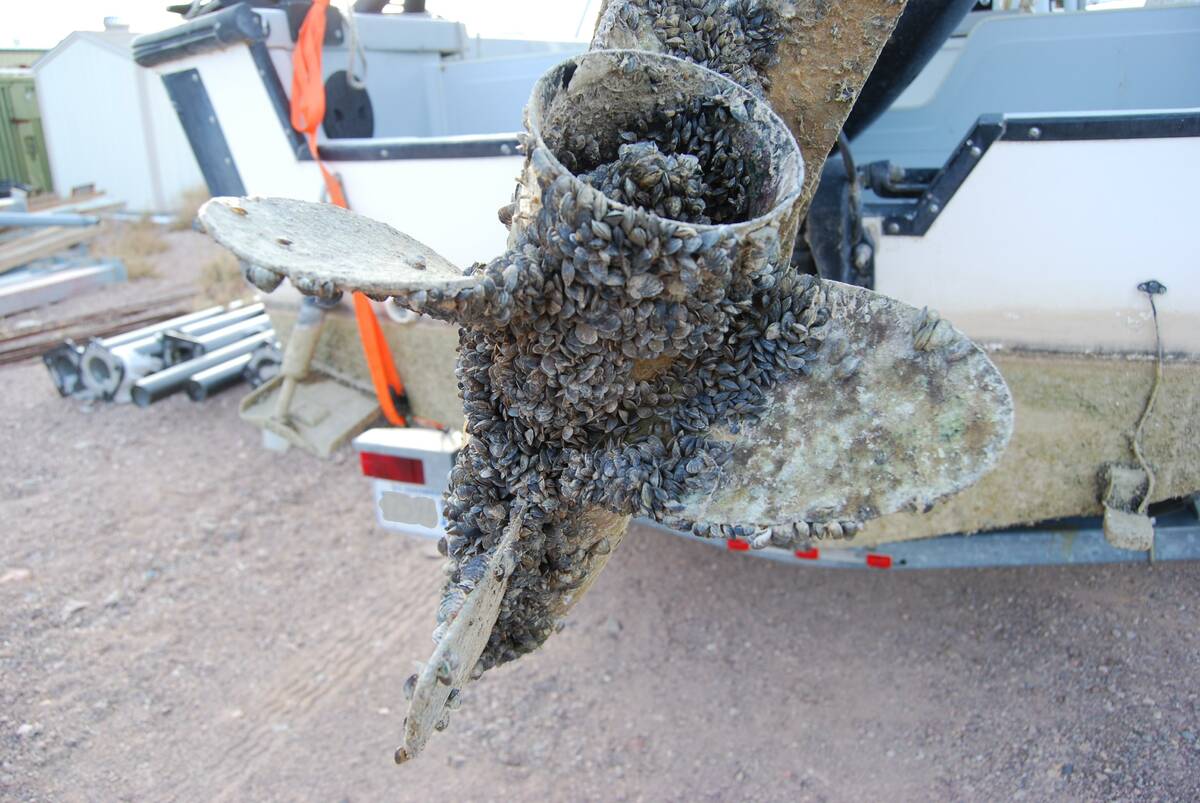
Invasive species council lending a helping hand to Alberta agricultural producers
Alberta Invasive Species Council unveils the huge economic effect of keeping invasive species unchecked to agricultural production in the province.
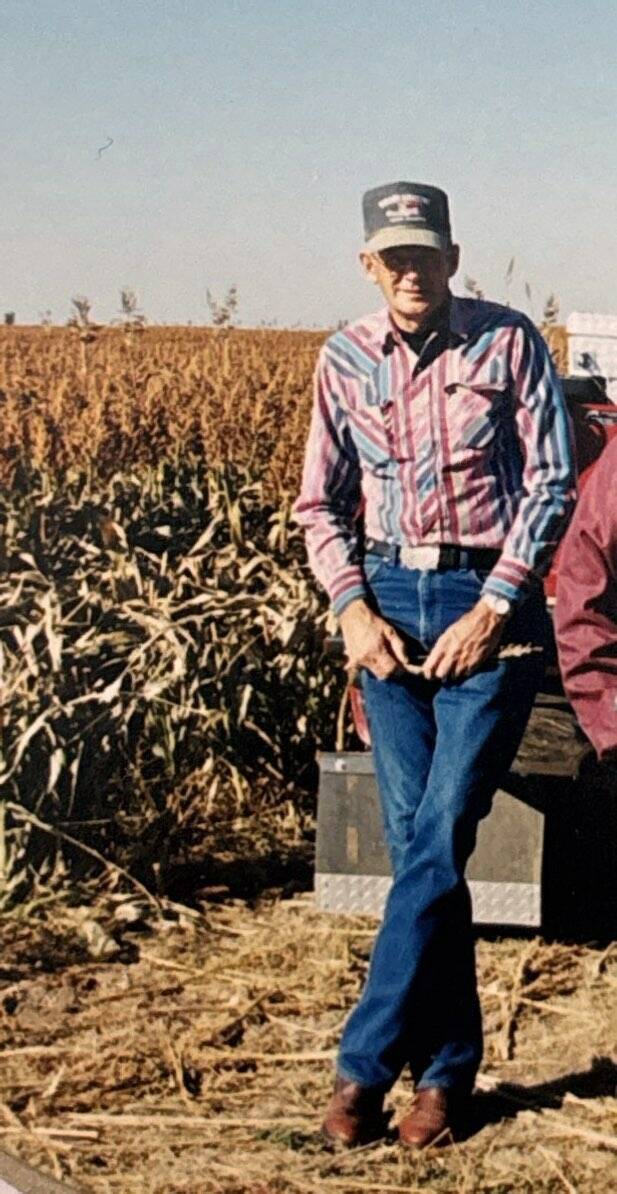
“He did a lot of things very, very well. He was a farmer, rancher and a pilot for a very long time. HALO gave Grant purpose for the last 16 years (in retirement) and that really hit home with me. We’re a very small program, very close knit, and HALO has a culture that kind of grabs a hold of you because of the people,” said Paul Carolan, chief executive officer for HALO, as Grant’s son shared stories with him at his memorial.
“Even when he stopped flying, he was still flying remote controlled planes. He just loved that side of things, the engineering, the technology, the wide open skies. He was a pilot through and through his entire life. We were very fortunate to have him as part of the program. We will be forever grateful.”
Fletcher officially hung up his HALO helmet at 82 years old, making him the oldest licensed commercial helicopter pilot in Canada. His aviation career spanned 66 years, after getting his pilots licence at 16, through the air cadets and Lethbridge Flying Club. That was at a time when you could rent a plane for $12 a day.
Fletcher ranched cattle and horses in the 1970s after returning home from Newfoundland. He primarily farmed grain and dryland crops through the 1980s and 90s until launching Fletcher Harvesting, which led custom combining crews from Oklahoma to Alberta.
As a commercial pilot, Fletcher’s travels saw him in spray planes and charter flights, manning helicopters fighting forest fires, wildlife surveillance and transporting patients during his time in Newfoundland, and oil work in Inuvik, NWT.
“Farming and flying were both professions he was very passionate about and proud of. It was important to him to get a good crop off properly at harvest to help the farmers and provide for others,” said granddaughter Stacy Peleskey in a family statement to the Western Producer, with Grant and late wife Marilyn having three children, and numerous extended family in the Alberta region.
“Flying for HALO meant so much to him. He really believed in what they they were trying to establish with local medical service for rural families in his home area. While he loved to fly and be part of these important missions, he would always credit the paramedics for saving lives.”
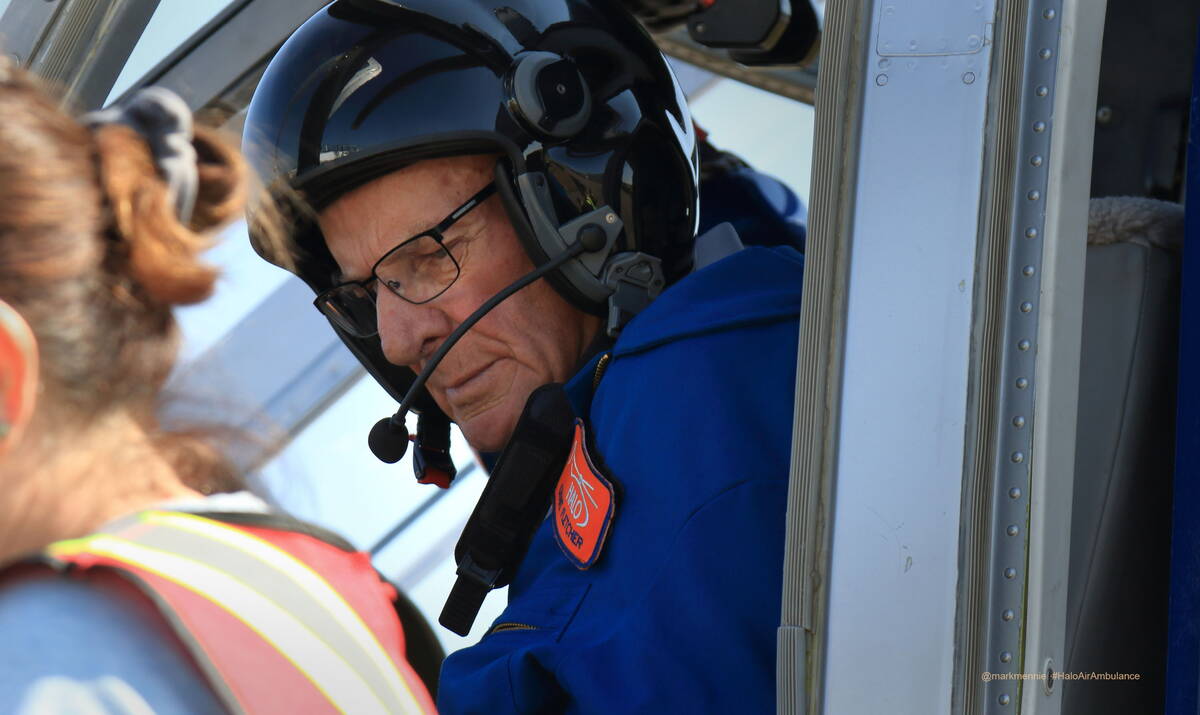
Fletcher’s HALO contributions went past flying helicopters, according to operations manager Ryan Shrives. He kept the wheels turning in every way, from fixing tractors and mowing lawns to plowing snow and tinkering with whatever needed a hand around the hangar — he led by doing.
“Whether it was hangar maintenance or simply making things better, Grant never sat still and never said no to a job worth doing. He was a gentleman-cowboy — boots and buckle polished, wit sharp, heart wide open. Whether it was rodeo stories, rescue missions, or crew room coffee banter, Grant was always up for a yarn and a laugh. He wasn’t just part of the team, he was the soul of it,” said Shrives, a HALO captain, in his social media submission The Concrete in the Cockpit.
“His contributions saved lives. His character shaped HALO. His presence — kind, calm, and unwavering — lifted us all.”
Fletcher would stay in Medicine Hat two weeks at a time on duty with his RV trailer, waiting at the hangar for the next call to come. The southern Alberta farmer would average about five calls a week, which he noted in his memoirs would take him from the Saskatchewan border, across the province, down to the Montana border and up to Hanna.
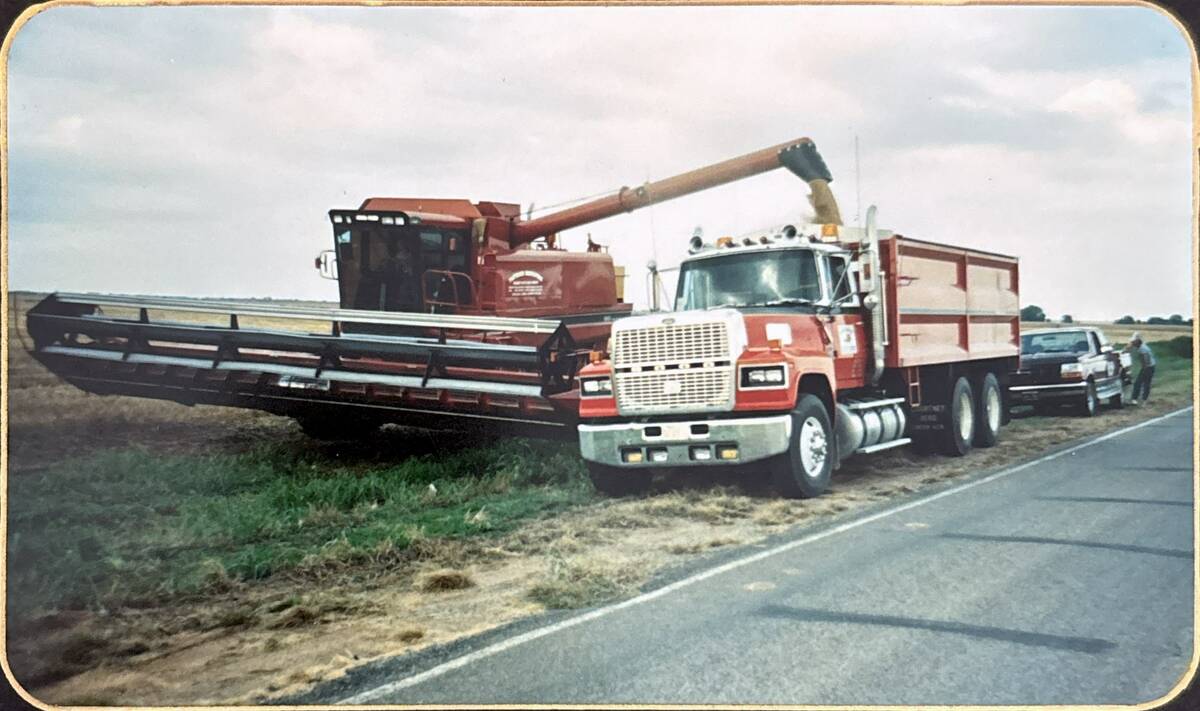
Before the GPS even finished calculating, Fletcher’s knowledge of the lay of the land and his rural neighbours was indispensable in what was a strength and a hardship emotionally at the same time.
“As a paramedic, firefighter, medivac pilot, you might be very familiar landing at someone’s home, a family member, a neighbour, someone you’ve known your whole life. Grant was very familiar with the area,” said Carolan, adding that Fletcher would fly with a steady hand among the chaos, with urgency, clarity and compassion.
“I was on a search-and-rescue mission with Grant in the helicopter once where I was in the back and he was in the front. I was to communicate the co-ordinates and on the intercom he literally said ‘whose farm is it?’ and next thing you know we were overhead and he knew exactly where to go. His familiarity with the community and the navigation to those locations was invaluable to us, but also weighed heavily knowing those people and the families. Grant went to a lot of calls with us and saw everything.”
In 2024, HALO renamed its annual fundraising event to the Grant Fletcher HALO in the Hangar.
HALO Air Ambulance is southern Alberta’s only dedicated Helicopter Emergency Medical Service Program. Since 2007, HALO Air Ambulance has flown thousands of missions to many rural, hard-to-reach areas. Partnering with regional and provincial stakeholders, HALO responds to a variety of calls for services including; emergency medical scene calls, critical care inter-facility patient transfers, search and rescue, fire rescue, law enforcement incidents and all-hazard disaster responses.
A paramedic who flew missions with Fletcher shared a ranching metaphor of the southern Albertan to HALO, in the heart and dedication he gave flying for the rescue organization.
“Grant can be compared to my faithful rope horse. Easy-going, but when work had to be done, you can count on him to get it done properly. Even in the most challenging conditions, Grant would always bring a calm and level-headed approach.”

